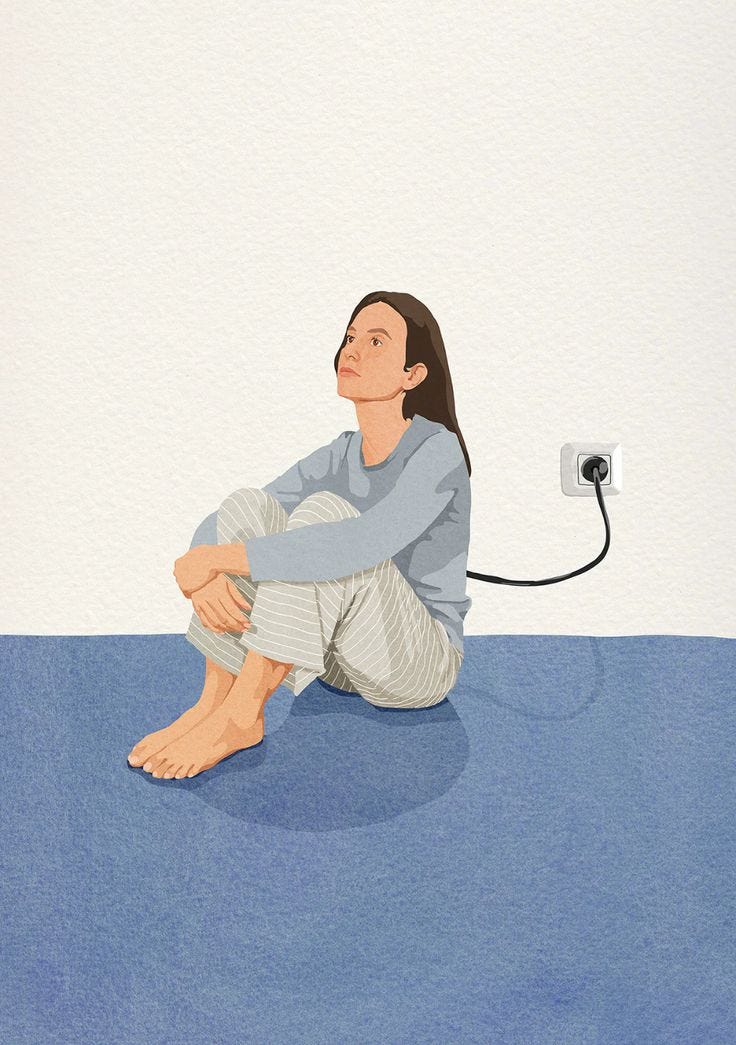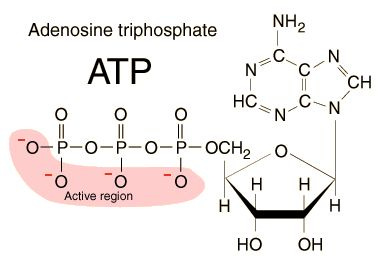Unveiling the Secrets of Energy - Special Issue
Boosting Vitality and Battling Fatigue Naturally
Illustration by Giselle Dekel
What is Energy?
"Energy" has different meanings for different people. For many, it's about having the strength to do daily activities like thinking, working, and playing. For biologists, it refers to the power generated in cells.
All living beings produce energy. It lets our hearts beat, our muscles move, and our brains function. Without energy, basic actions like breathing or reading would be impossible. But beyond just functioning, do you feel energetic enough to enjoy your day or tackle challenges head-on? This is what most people focus on when they talk about lacking energy.
The good news is there are lifestyle changes to boost your natural energy, which we will explore in this newsletter. We'll also address common causes of fatigue and some medical conditions that can drain energy. Once these issues are managed, you can expect a significant boost in energy. But before diving into solutions, let's discuss what energy truly means and how it's generated.
Physical Energy
We often view energy as one simple thing, but it has both physical and mental aspects. Physically, our brain and muscles function like machines. They need fuel, and their primary source is a molecule named Adenosine Tri-Phosphate (ATP).
Our body produces ATP from the oxygen we inhale and the food we consume. Carbohydrates, fats, and proteins from our diet get broken down during digestion. They can either undergo reactions to produce ATP or be stored for future use.
The body creates ATP swiftly based on demand. For example, during exercise, it uses glucose stored in muscles and the liver, as well as body fats. This ATP production is vital as it dictates how much physical activity you can do. Your fitness level impacts how well you produce and use ATP. Interestingly, exercise helps generate energy, while a lack of activity drains it.
Not getting enough sleep can also lower ATP production. This shows that diet, exercise, and rest are all essential for our body's energy levels.
Mental and Emotional Energy
Energy encompasses not only the physical but also the mental and emotional aspects. Being mentally energetic means being curious, alert, and engaged, effortlessly soaking up information. Yet, mental energy is more multifaceted than its physical counterpart.
At one level, mental energy is tied to the cellular energy within brain cells, mirroring the ATP-driven process found in our muscles. Like physical vitality, mental energy benefits from proper nutrition, exercise, adequate sleep, and stress management. However, mental and physical energies don't always align. One can peak while the other diminishes.
While the exact science remains unclear, our perceived "energy" isn't just about ATP production in brain cells. It's influenced by emotions and interest levels. Engaging in an activity with full enthusiasm or experiencing "flow" can make you feel more energetic than when you're disinterested. Passion and motivation significantly amplify mental vigour. When you're mentally excited about something, you usually feel the physical energy to pursue it, whereas boredom often leads to feelings of lethargy.




